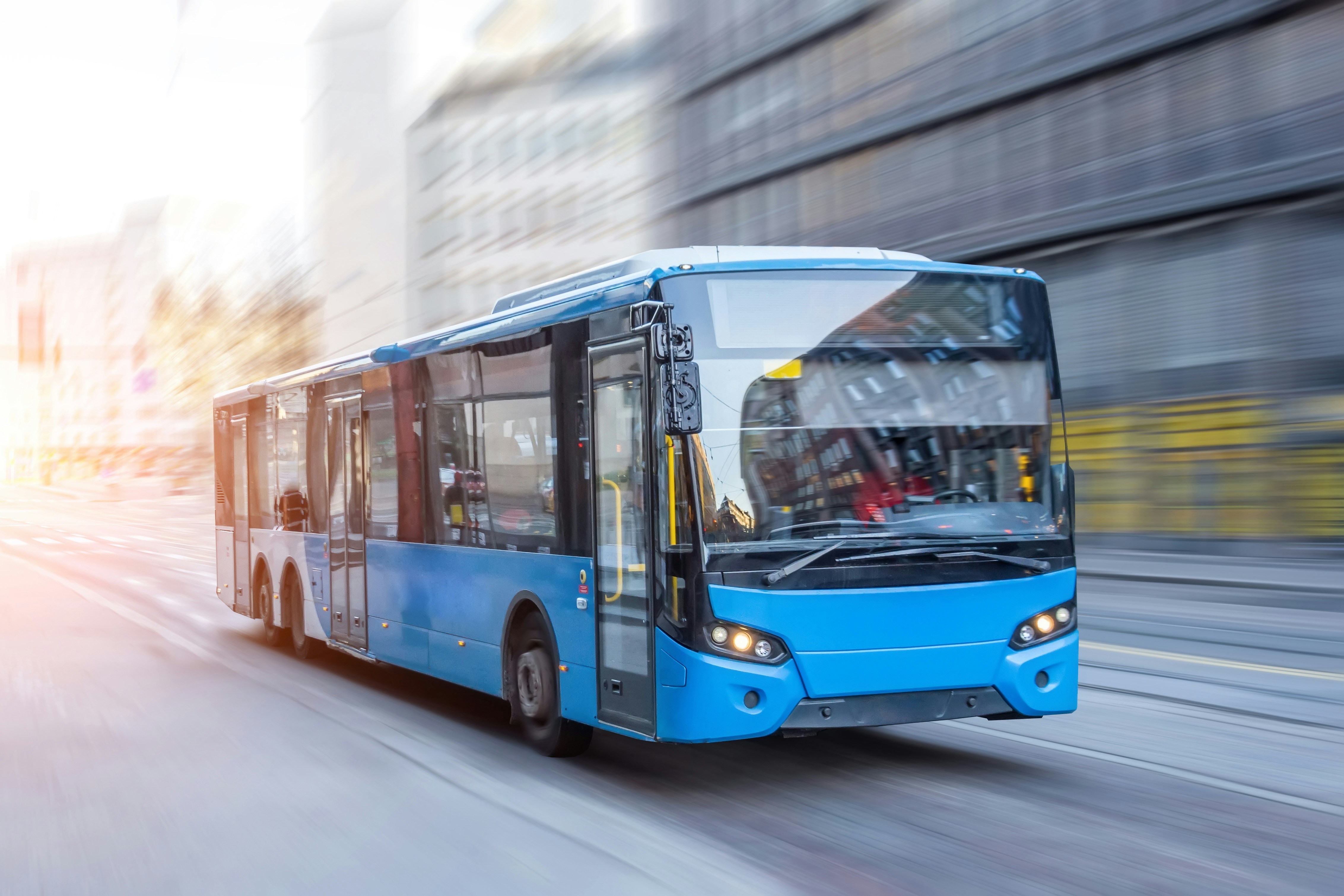From Electric Buses to Autonomous Rides: 4 Transportation Wins You’ll Love
Posted on by Meg MacKay
The transportation sector is undergoing significant transformation as governments, businesses, and individuals work toward more sustainable, efficient, and equitable ways to move people and goods. In the face of global climate challenges, these efforts are more important than ever, and the good news is that we're seeing some real progress.
Recently, there have been some positive transportation related stories that show the exciting strides we're making toward greener, smarter, and more accessible transportation systems.
1. Electric Buses Take Over in Major U.S. Cities
As part of ongoing efforts to decarbonize public transportation, several U.S. cities are significantly increasing their fleet of electric buses. Los Angeles, California, has recently expanded its electric bus fleet, with a goal to transition to 100% zero-emissions buses by 2030. Similarly, Seattle, Washington, has successfully introduced a fully electric bus line, one of the first in the region. These moves not only help reduce greenhouse gas emissions but also improve air quality in densely populated urban areas.
In addition to the environmental benefits, electric buses are quieter and more energy-efficient than their diesel counterparts, offering a better experience for passengers and drivers alike. The growth of electric buses is becoming a symbol of sustainable urban mobility in the U.S.
Source: Los Angeles Times, The Seattle Times
2. Breakthrough in Hydrogen-Powered Trains
In Europe, a hydrogen-powered train has begun operating on a public rail line in Germany. The train is the first of its kind to be used for regular passenger service, and it represents a significant leap in decarbonizing rail transportation. Traditional diesel-powered trains are major contributors to carbon emissions, but hydrogen-powered trains are much cleaner, emitting only water vapor as a byproduct. The success of these trains marks a key milestone in the transition toward more sustainable transportation systems in Europe.
Germany's efforts come as part of a broader initiative across Europe to implement zero-emission trains by 2050. Other countries, such as France and the UK, are expected to follow suit, with plans for hydrogen-powered trains being developed for their rail networks as well.
Source: BBC News, Reuters
3. New York City Expands Bike Lane Network
New York City has announced plans to expand its bike lane network by over 25% in the next few years. The city, already known for its ambitious cycling infrastructure, will add over 50 miles of new bike lanes, providing safer and more accessible routes for cyclists. The initiative is part of the city's broader plan to reduce traffic congestion, improve air quality, and create a safer environment for all types of transportation users.
The new bike lanes will also prioritize connecting under-served neighborhoods to transit hubs, offering residents who may not have access to private vehicles an alternative means of getting around. This expansion is expected to encourage more people to switch to cycling, reducing the number of car trips and ultimately decreasing traffic-related pollution.
Source: NYC Department of Transportation, The Verge

